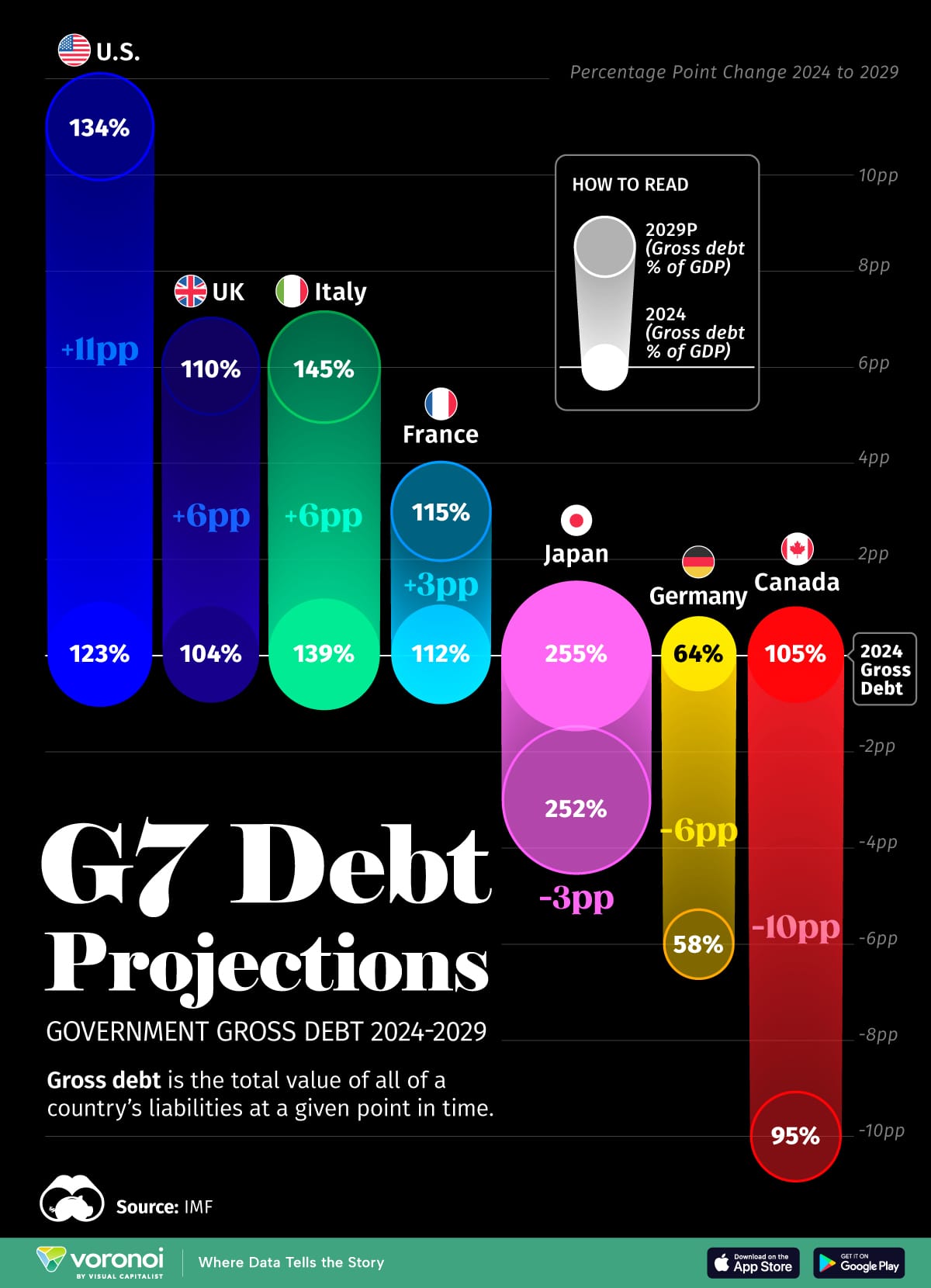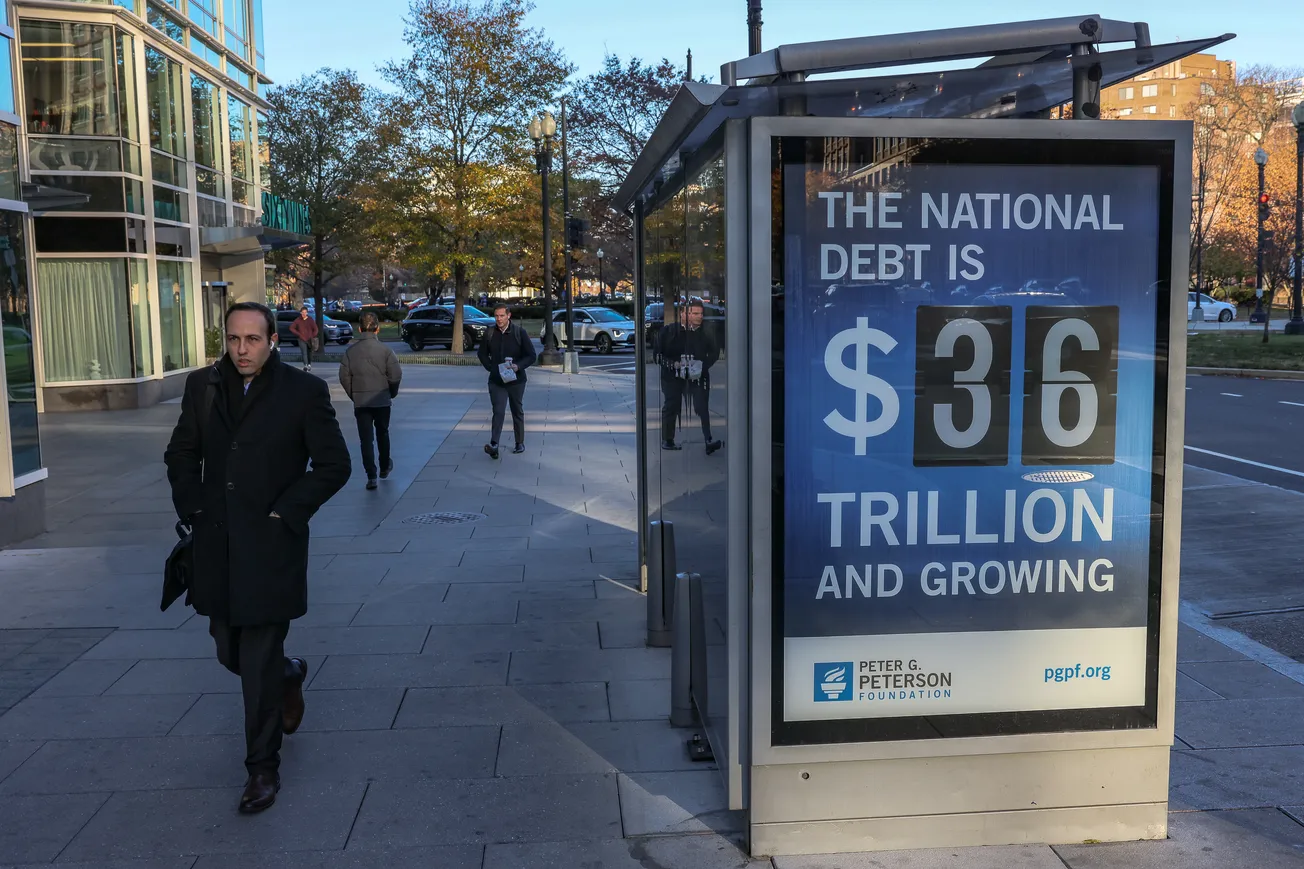America goes through significant transformations about every 30 years or so.
Almost 60 years since President Lyndon Johnson pushed through groundbreaking changes to the way Americans live and work. The Civil Rights Act of 1964 ended segregation and discrimination based on race, color, religion, sex, or national origin. The Voting Rights Act of 1965 was a landmark piece of federal legislation that enforced voting rights guaranteed by the 14th and 15th Amendments to the Constitution. Finally, the Great Society was a set of ambitious domestic programs that LBJ launched (Medicare, Medicaid, Head Start, federal funding for schools), which triggered a federal role in addressing social issues and promoting economic opportunity- something unthinkable even a decade or two prior.
As Washington's pendulum dangerously moved left, with each president (with the exception of Ronald Reagan) conspiring to increase the federal role in our lives, it was left to the former House Speaker's Contract With America to return some order to American governance.
In 1994, Gingrich led the GOP to take the House with a 54-seat majority and the Senate with an 8-seat majority, promising to pass a balanced budget amendment, term limits, a line-item veto, and to cut federal spending by reforming welfare. Shellacked in the midterm elections, former President Clinton, who had just faced the ignominy of his healthcare reform proposals (led by his wife, Hillary) being defeated in Congress, went back up to Capitol Hill during the 1995 State of the Union to declare that "the era of big government was over." LBJ must have turned in his grave.
In fiscal 1998, at the height of the Monica Lewinsky scandal, the federal government returned a budget surplus of $69 billion for the first time in 30 years. Yes, a surplus! The government ran a surplus for the next three years- 1999: $125 billion; 2000: $236 billion (the largest surplus in U.S. history); and 2001: $128 billion.
As the Supreme Court invalidated term limits and the line-item veto, President Clinton's and Gingrich's discipline on governance waned.
When 9/11 happened, it did not take much for George W. Bush to squander the budget, with extreme spending on expanding the military and defending the homeland. Failed wars and disastrous nation-building projects in Iraq and Afghanistan cost trillions, along with Wall Street greed triggering the 2008 financial crisis, necessitated even more government spending. Annual trillion-dollar deficits became commonplace.
Even when Trump took cover in 2017, his message of Making America Great Again was distracted by Deep-State hoaxes about Russia and Ukraine. Other than Trump's focus on energy production and distribution, tariffs, and growing the economy through deregulation and tax cuts, the 45th president refused to do anything about federal spending. When COVID-19 hit, both he and President Biden opened the taps again. Today, the federal deficit stands at $36 trillion.

In 2024, President Trump won a mandate to remake the government through his alliance with businessman Elon Musk, the owner of X, Tesla, SpaceX, and Starlink. Venture Capitalist Marc Andreessen explained Musk's leadership style: "It's this incredible intellectual capability coupled with an incredible force of personality, moral authority, execution capability, focus on fundamentals." Musk, who fired nearly 90% of his Twitter staff and remade X as the world's preferred social media platform by focusing on free speech, was Trump's ideal pick to co-lead the Department of Government Efficiency (DOGE) during his second term, sharing duties with Vivek Ramaswamy, a pharma billionaire.
Over the past two days, Washington began doing what it has always done. With time running out to avoid a government shutdown, Speaker Mike Johnson pushed through a 1,500-page Continuing Resolution asking members to support more deficit spending. Members were not asked to provide input, with lobbyists, a few Committee Chairmen, and staffers having crafted the bill in secret, in typical Washington style. It was ridiculous to expect them to read the bill, digest it, offer amendments, and change its direction in 24 hours when the clock would run out. But that has been the Washington way for decades - follow the leader, vote for CRs up or down, and return to campaigning for the next term.
But then, Musk used his perch as an Artificial Intelligence evangelist and made Grok, X's homegrown Artificial Intelligence, to everyone for free. Members and their staff could ask Grok to summarize 1,500 pages of gobbledygook in a few pages - and what Members found was that it was more of the same. For the first time in 30 years, the public could read and digest what their representatives were selling them - a transformational change in American governance. A threat from Musk on X that anyone who voted for this boondoggle would face a primary threat didn't help.
The vote went down to defeat.
President-elect Trump tried to salvage the bill by tying a government funding extension to a two-year suspension of the federal debt ceiling. Conservative Republicans balked, and that vote also went down in defeat.
If Congress does not pass a spending deal and President Biden does not sign it, government funding lapses at 12:01 a.m. Saturday. For the first time in decades, Washington is at an ungovernable impasse. The most likely scenario is for the Democrats to provide the Yes votes to rescue the spending in the bill. However, their price to push through such a bill would be steep - such as securing a commitment from Trump to abandon DOGE and Musk's promised future cuts to government.
Let us see who blinks first.
Rajkamal Rao is a columnist and a member of the tippinsights editorial board. He is an American entrepreneur and wrote the WorldView column for the Hindu BusinessLine, India's second-largest financial newspaper, on the economy, politics, immigration, foreign affairs, and sports.









